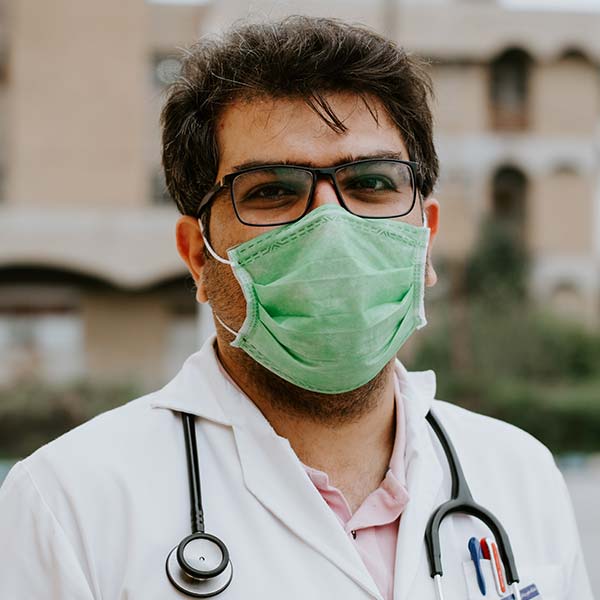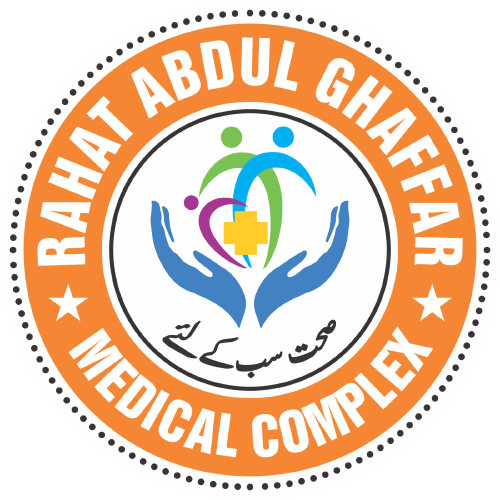EMERGENCY Care Physicians

Walter Moore, Ph.D.
Metus fringilla ullamcorper odio aliquam lacinia conubia mauris tempor etiam ultricies proin quisque lectus sociis tristique integer phasellus inceptos taciti pretium adipiscing praesent.

Mindy Farrow, Ph.D.
Metus fringilla ullamcorper odio aliquam lacinia conubia mauris tempor etiam ultricies proin quisque lectus sociis tristique integer phasellus inceptos taciti pretium adipiscing praesent.

Robert Strong, Ph.D.
Metus fringilla ullamcorper odio aliquam lacinia conubia mauris tempor etiam ultricies proin quisque lectus sociis tristique integer phasellus inceptos taciti pretium adipiscing praesent.
Outline of the Orthopedics Department
- Introduction to Orthopedics Department
- The Significance of Orthopedics in Hospitals
- Orthopedic Specialists and Their Roles
- Orthopedic Facilities and Equipment
- Common Orthopedic Conditions
- Diagnosis and Treatment
- Surgical Procedures in Orthopedics
- Rehabilitation and Physical Therapy
- Patient-Centered Care
- Research and Innovation in Orthopedics
- Challenges Faced by Orthopedics Departments
- Training and Education for Orthopedic Specialists
- Ensuring Patient Safety
- The Future of Orthopedics
- Conclusion
- FAQs about Orthopedics
Orthopedics Department of Hospital: Restoring Mobility and Well-being
Orthopedics is a vital medical specialty that focuses on the musculoskeletal system, dealing with a wide range of conditions related to bones, joints, muscles, and ligaments. In this article, we explore the world of orthopedics departments in hospitals, their importance, the roles of orthopedic specialists, treatments, and the challenges they face. Let’s dive into the realm of orthopedics.
Introduction to Orthopedics Department
The orthopedics department in a hospital is dedicated to the diagnosis, treatment, and prevention of musculoskeletal disorders. It is a hub of expertise for patients dealing with various conditions that affect their bones, joints, and muscles.
The Significance of Orthopedics in Hospitals
Orthopedics departments are crucial in hospitals for several reasons. They address conditions that can significantly impact a person’s mobility and quality of life. From fractures to arthritis, these specialists work to alleviate pain and restore function.
Orthopedic Specialists and Their Roles
Orthopedic specialists, including orthopedic surgeons, orthopedic nurses, and physical therapists, play key roles in patient care. Surgeons perform surgeries, nurses provide pre- and post-operative care, and physical therapists help patients regain mobility.
Orthopedic Facilities and Equipment
Orthopedics departments are equipped with advanced diagnostic tools like X-rays, MRI, and CT scans. Operating rooms are designed for orthopedic procedures, ensuring precision and safety. These facilities are essential for accurate diagnosis and treatment.
Common Orthopedic Conditions
Orthopedic departments deal with a wide range of conditions, including fractures, osteoarthritis, rheumatoid arthritis, and sports injuries. These conditions can affect people of all ages, from children to seniors.
Diagnosis and Treatment
Orthopedic specialists use diagnostic imaging, physical examinations, and patient history to diagnose conditions. Treatment options vary from conservative approaches, like physical therapy and medication, to surgical interventions when necessary.
Surgical Procedures in Orthopedics
Orthopedic surgeons perform various surgical procedures, such as joint replacements, fracture repair, and ligament reconstruction. These surgeries aim to improve the patient’s quality of life and mobility.
Rehabilitation and Physical Therapy
Rehabilitation and physical therapy are critical components of orthopedic care. These programs help patients regain strength, flexibility, and mobility after surgery or injury, ensuring a faster and more complete recovery.
Patient-Centered Care
Orthopedics departments prioritize patient-centered care, focusing on individual needs and preferences. This approach ensures that each patient receives personalized treatment and support.
Research and Innovation in Orthopedics
Orthopedics is a dynamic field that continually evolves. Hospitals with orthopedics departments often engage in research and innovation to develop new techniques, implants, and treatment methods.
Challenges Faced by Orthopedics Departments
Like all medical specialties, orthopedics faces challenges, including the need for specialized equipment, maintaining high standards of patient care, and staying updated with the latest advancements.
Training and Education for Orthopedic Specialists
Orthopedic specialists undergo extensive training and education to provide the best care. Continuous learning and certification ensure they stay current with medical advancements.
Ensuring Patient Safety
Patient safety is a priority in orthopedics. Protocols are in place to minimize complications, infections, and errors during surgery and treatment.
The Future of Orthopedics
The future of orthopedics holds exciting prospects, with advancements in minimally invasive procedures, biologics, and personalized treatments. These innovations promise even better outcomes for patients.
Conclusion
In conclusion, the orthopedics department of a hospital is a critical part of the healthcare system, offering specialized care for musculoskeletal conditions. These departments strive to restore mobility, reduce pain, and improve the overall well-being of patients.
FAQs about Orthopedics
1. What kinds of conditions do orthopedics departments treat? Orthopedics departments treat a wide range of conditions, including fractures, arthritis, and sports injuries.
2. How do orthopedic specialists diagnose and treat musculoskeletal conditions? They use diagnostic imaging, physical examinations, and patient history to diagnose conditions, and treatment options range from conservative approaches to surgical interventions.
3. What is the role of physical therapy in orthopedic care? Physical therapy is crucial for patients to regain strength and mobility after orthopedic surgery or injury.
4. What are the challenges faced by orthopedics departments? Challenges include the need for specialized equipment, maintaining high standards of patient care, and staying updated with medical advancements.
5. What does the future hold for orthopedics? The future promises innovations in minimally invasive procedures, biologics, and personalized treatments, offering even better outcomes for patients.
